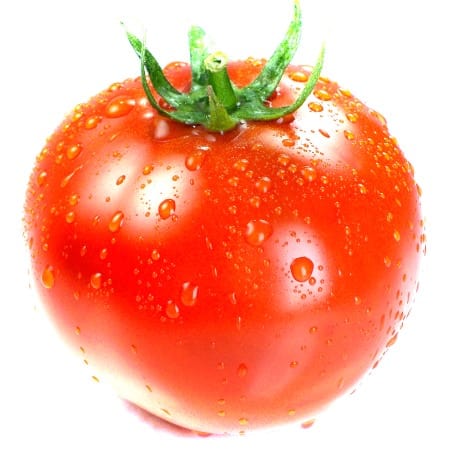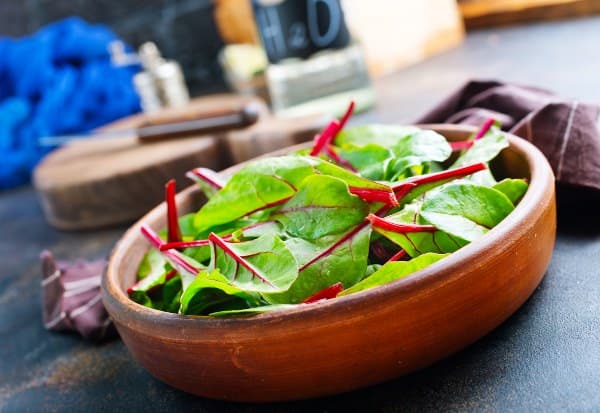Fruits, Veggies – Life Saving Benefits
Late summer fruits and vegetables are simply divine. Early spring spinach enjoyed a break for summer heat and now it is planted anew with the hope of a harvest when cooler nights call. Lancaster area farmers grow it in accordance with nature. Blueberries of spring and early summer yield to peaches and cantaloupe of late summer. Certain fruits and vegetables thrive basking in summer heat of southeast Pennsylvania and Philadelphia humidity. Others not so much. Some culinary plants are happy to start fresh later in the summer season. It’s all good. Nutritional explosions from fresh late summer organic produce fruits and veggies yield health benefits in late summer and all seasons.
Make Fruits and Vegetables Your Lifestyle
Getting your five servings per day might start out as a fad. Perhaps you started eating them – for the first time in your life – in the course of losing weight. You learned that simple carbs, processed with saturated fats, artificial sweeteners, and toxic pesticides contribute to excessive weight gain and a lack of vigor.
Conceivably your journey with edible plants began when you were suffering under ill health. Perhaps you experienced fresh, living food harvested locally without pesticides or glyphosate and did it taste good! Moreover, eating healthy might even have helped your Crohn’s, hypertension, or other conditions. At times, during a flare-up, you found that vegetable matter was all you could really eat, digest, and survive on.
After a time, you even started to like them! Feeling good makes healthy greens, roots, and fruity choices even taste better. Actually, it makes you be better. We’re not making this up. Scientists have noticed and studied the long-term effects of a fruit-and-vegetable-based diet.
Good Health is in the Details
Once upon a time a group of people were studied for 29 years. True! The participants, 108,735 nurses and health care professionals, were quizzed every two to four years over this long stretch of time. Honestly, did you know the 5-servings of fruits and vegetables crowd lived longer? Every day for 29 years these folks chowed down cauliflower, onions, kale, and salad greens or berries, citrus, and orchard fruit in various measures. Our 5-per-day study participants lived longer than those two-per-day folks. What’s more, the fivers tended to use multivitamins, eat better quality foods, have higher levels of physical activity and healthier weight. Surprised?
Furthermore, the five-serving group was less likely to die from conditions to these degrees:
- 35% less related to the lung
- 12% less for heart
- 10% less for cancer
- 13% less likely for any cause
Overall, increasing fruits and vegetables — with the exception of fruit juices and potatoes — had health benefits. No greater benefits were noted for an intake of more than five.
Could Vitamin C Shorten Your ICU Stay?
Nowadays it is generally understood that vitamin C has vast health benefits. A number of controlled trials have previously found that in some contexts, vitamin C can have beneficial effects on blood pressure, infections, bronchoconstriction, atrial fibrillation, and acute kidney injury. However, the practical significance of these effects is not clear. The purpose of this analysis was to evaluate whether vitamin C has an effect on practical outcomes. In other words, could C shorten a stay in the intensive care unit (ICU)? It’s a good question.
Under stress, such as a critical illness, the body rapidly metabolizes vitamin C, increasing the need from 500 mg, to 1,000 mg, to even 4,000 mg per day. Nature knows best and the body uses more if given more when you’re really, really ill.
To see if vitamin C might influence the length of stay in hospital intensive care units (ICU), doctors reviewed findings from 12 vitamin C trials covering 1,776 people in ICU for any medical condition at all. Here’s the thing: on average, when patients took vitamin C while in ICU, stays decreased 7.8% compared to those who did not receive vitamin C. When doses reached an average of 2,000 mg per day, length of stay declined 8.6%.
In three trials, patients required mechanical assistance to breathe for over 24 hours. Vitamin C shortened the length of time requiring a ventilator by 18.2%.
Practically speaking, vitamin C should be on everyone’s list. Those who get it from fresh fruits and vegetables, such as fresh late summer tomatoes, reap far more health benefits. The point is to get your vitamin C!
Late Summer Fruit & Veggie Salad
While you enjoy this delightful fresh salad, consider that those who got 5 servings of fruits and vegetables per day lived longer, healthier lives. Shop the organic produce department at Martindale’s for late summer fresh fruit and vegetables.
Prep time: 10-15 minutes No cooking Yield: 2-4 servings
Salad Ingredients: 
4 c organic mixed greens
2 ripe organic peaches, sliced
pint organic cherry tomatoes, halved
an ear of organic corn, raw, sliced off the cob
one avocado, sliced
Dressing Ingredients:
3 c organic fresh basil leaves, loosely packed
3 tbsp white wine vinegar
1/4 tsp salt (or to taste)
Freshly ground black pepper to taste
1/4 c extra virgin olive oil
Directions: Place greens in large bowl and top with cherry tomatoes, peaches, corn kernels, and avocado. For dressing, in a blender, combine basil, vinegar, salt, and pepper, and pulse to combine mixture. Turn blender on and stream in the olive oil until blended. Taste, and adjust seasonings as desired. Pour dressing over the salad.
[print-me]
